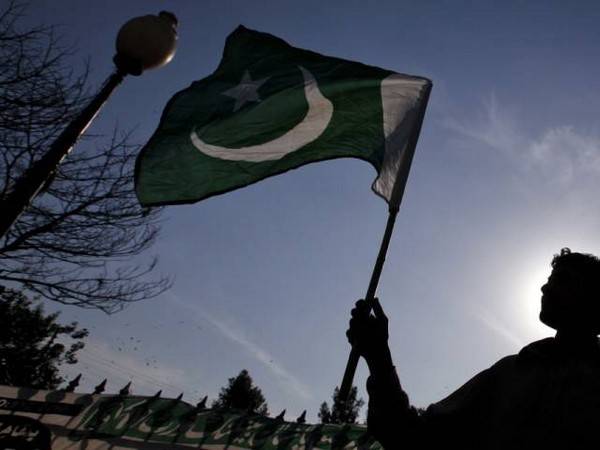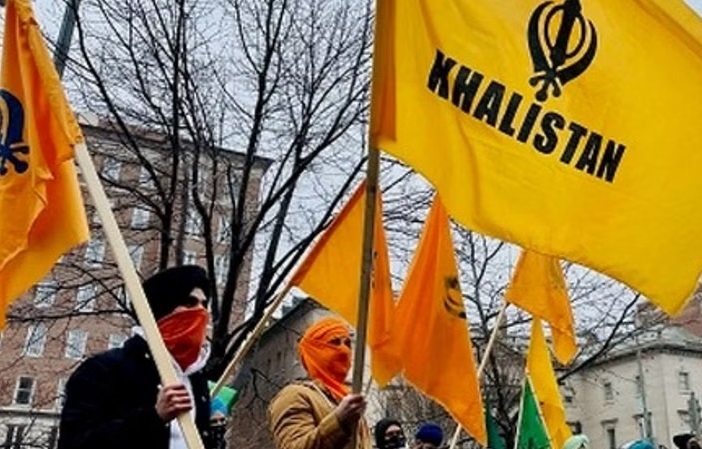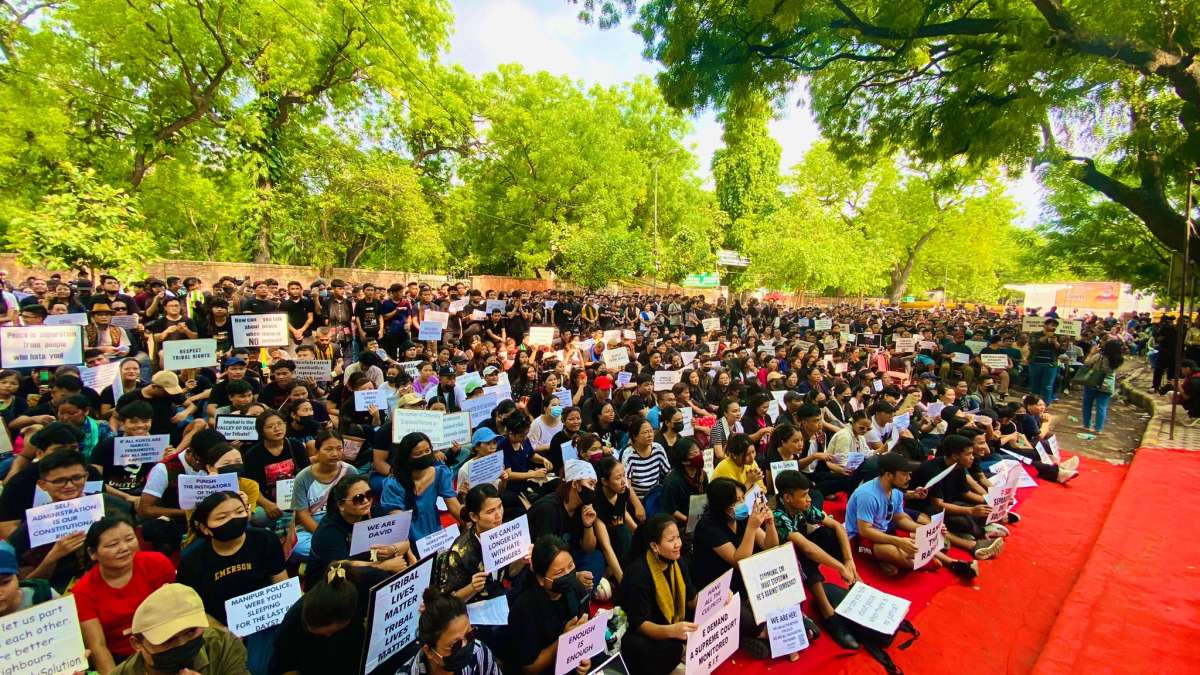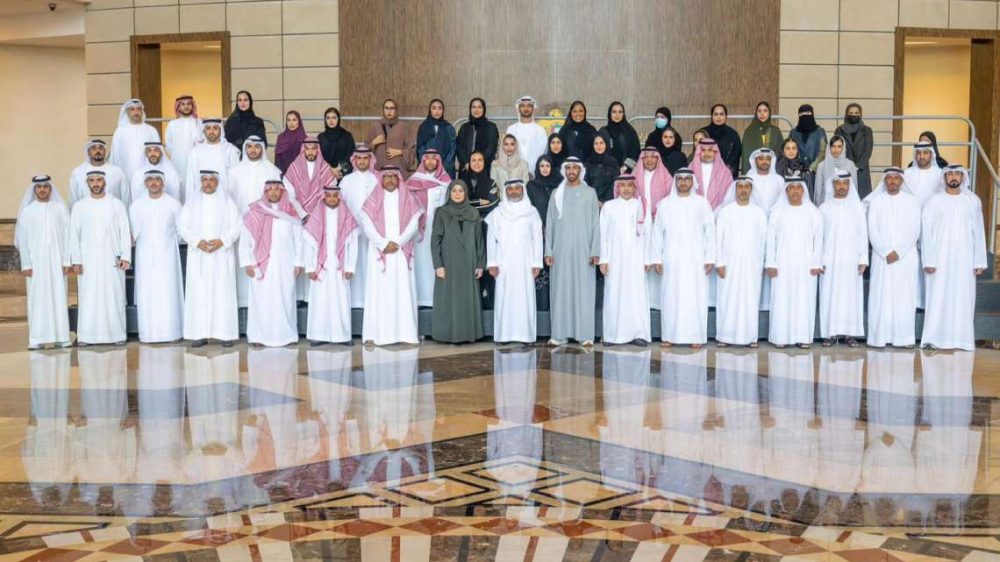While holding the elections in the September-October schedule remains uncertain, the only thing decided is that the Sharif Government resigns on August 8 to clear the way for the interim administration
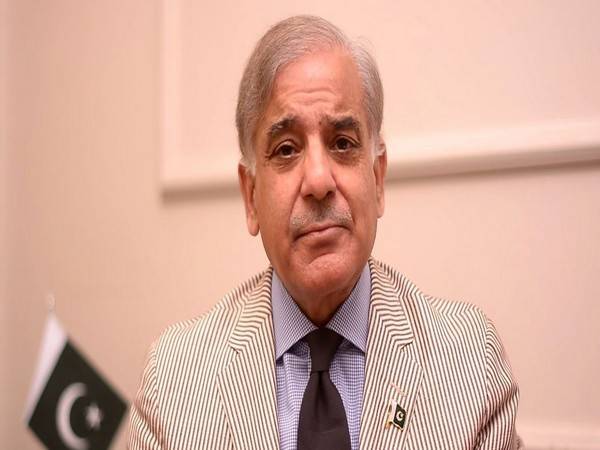
Pakistan’s search for a person to head its interim government that will hopefully lead the country to a peaceful transition to an elected set-up may end with a non-politico, preferably a US-trained technocrat, more likely, an economist.
Besides the United States retains the position of primacy in Pakistan’s affairs, no matter what role China and its Gulf benefactors play, the new factor, with the American nod, is the International Monetary Fund (IMF). After prolonged hesitation, it cautiously began to bail out Pakistan’s distressed economy. Indeed, all of Pakistan’s just-mentioned benefactors would, willy-nilly, like to be part of this recovery process.
Pakistan has a history of pro-US technocrats heading interim administrations, as much as political and economic instability. But both these factors have gained unprecedented primacy this time over, analysts say. This explains assurances by both, directly Prime Minister Shehbaz Sharif and a veiled one by the Army Chief, Gen. Asim Munir, that the future elected government would abide by the commitments given to the IMF. Perhaps, this also explains why Sharif’s move to have Finance Minister Ishaq Dar, part of the Sharif clan, was vetoed by rival PPP, the other partner in the ruling PDM. PPP chief and Foreign Minister Bilawal Bhutto Zardari this week conferred with his US counterpart, Anthony Blinken, while Washington dispatched the CENTCOM chief to Islamabad to assure support to Gen. Munir.
As for Dar’s choice as the caretaker PM, the IMF let its disapproval known through its report, probably leaked, which reportedly holds Dar majorly responsible for the economic mess and reneging on many IMF-imposed economic measures.
The IMF delayed its relief package for eight months while the politicians squabbled, the economy further distressed and the public suffered. Having begun the recovery, it would like to ensure the process proceeds smoothly. None of the players seems confident as of this date for the political transition moving smoothly, without hurting the beleaguered economy. Indeed, neither the IMF bailout followed by other allies chipping in money, nor the elections are seen as long-term solutions. It is acknowledged that Pakistan would need more of both in the foreseeable future.
While holding the elections in the September-October schedule remains uncertain, the only thing decided is that the Sharif Government resigns on August 8 to clear the way for the interim administration. Sharif has ‘delivered’ by passing legislation that adds to the powers of a caretaker prime minister to continue in office beyond the stipulated 60 days, should contingencies arise.
Given Pakistan’s political conditions, not the least of which is the relentless demand by former Prime Minister Imran Khan for early elections, everyone concerned seems to be exercising abundant caution.
The outgoing government as also the National Assembly has little time left to legislate to push Khan out of the electoral game. Khan thinks, and sections of the media and the middle classes also think he remains popular and electorally formidable. The army which targeted him and split his party for the May 9 violence in its establishment may facilitate any anti-Khan move to prevent his return. But it would carefully watch for signals from Washington.
Everyone’s interests may converge against Khan, but the public mood cannot be measured when elections are held. There is already outcry in sections of the media and Khan’s supporters at home and abroad that both, the caretaker government and the election schedule are being ‘engineered’ and the military is part of it.
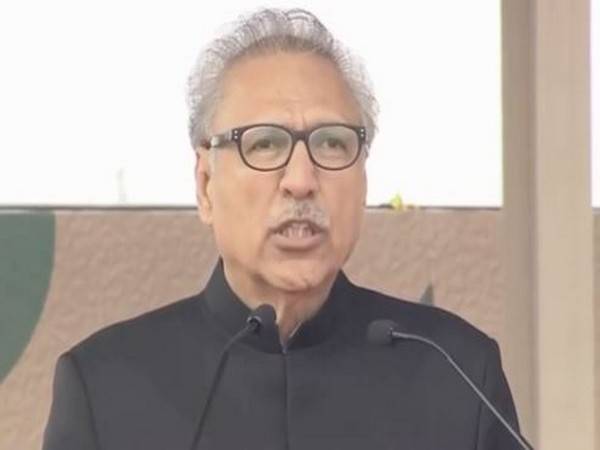
“… the entire debate over the caretaker administration at the centre has become irrelevant with the electoral process already tainted by the ongoing political engineering, which is tantamount to pre-election rigging. There is not even a modicum of fair play, with the establishment seen as resorting to its usual game of making and breaking political parties,” analyst Zahid Hussain wrote (Dawn, July 26.2023).
Other key factors in the political game are the presidency and the judiciary. President Arif Alvi, a Khan appointee, is on a prolonged Haj visit to Saudi Arabia. A divided Supreme Court is currently headed by someone who is perceived as anti-Sharif and critical of the army. It has provided relief to Khan on many occasions and is critical of the military-manned courts to try civilians.
Both, President Alvi and Chief Justice Omar Ata Bandial retire in September, which makes the next few weeks crucial, before and after the Sharif government’s exit.


